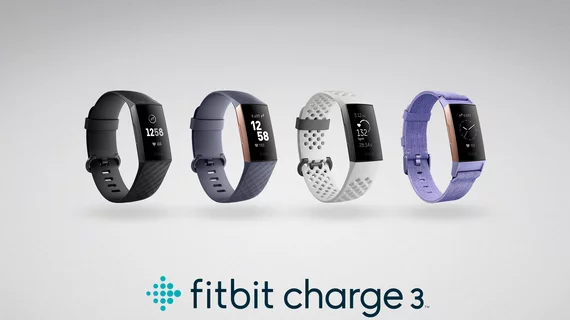Fitbit launches platform aimed at health providers, expands with Humana
Digital wearables brand Fitbit has launched a new platform to connect healthcare providers with wearers, with healthcare services company Humana leading the charge.
The new offering, Fitbit Care, connects health plans, employers and health systems to health coaching and virtual care that can help improve wellness, disease management and prevention. Humana selected Fitbit Care as its preferred coaching solution for its employer group segment, potentially reaching five million members.
The partnership underscores the growing interest providers have in healthcare data of their enrollees.
“With the introduction of Fitbit Care, we continue to expand our healthcare offerings with a new, bundled subscription offering that can help improve outcomes for some of the most common and costly conditions in healthcare, such as diabetes and hypertension,” Adam Pellegrini, general manager of Fitbit Health Solutions, said in a statement.
The platform has several capabilities, including self-tracking for sleep, activity, heart rate and other metrics such as female health. This health data can support health goals, including personalized digital interventions. Enrollees in the health coaching component of the platform through their employer, health plan or health system have access to the app, Fitbit Plus, which allows individuals to communicate directly with their care team and health coach.
The app also integrates other health metrics including blood glucose, blood pressure and medication adherence. Fitbit acquired Twine Health, a coaching platform, in early 2018.
Humana and Fitbit have been partners since 2013 and the expansion of the partnership will continue to support healthy behaviors to reduce preventable chronic disease including diabetes and heart disease. Humana’s wellness programs and capabilities, such as Go365 and Humana Employee Assistance Program, aim to help employers control healthcare costs of their workers.

